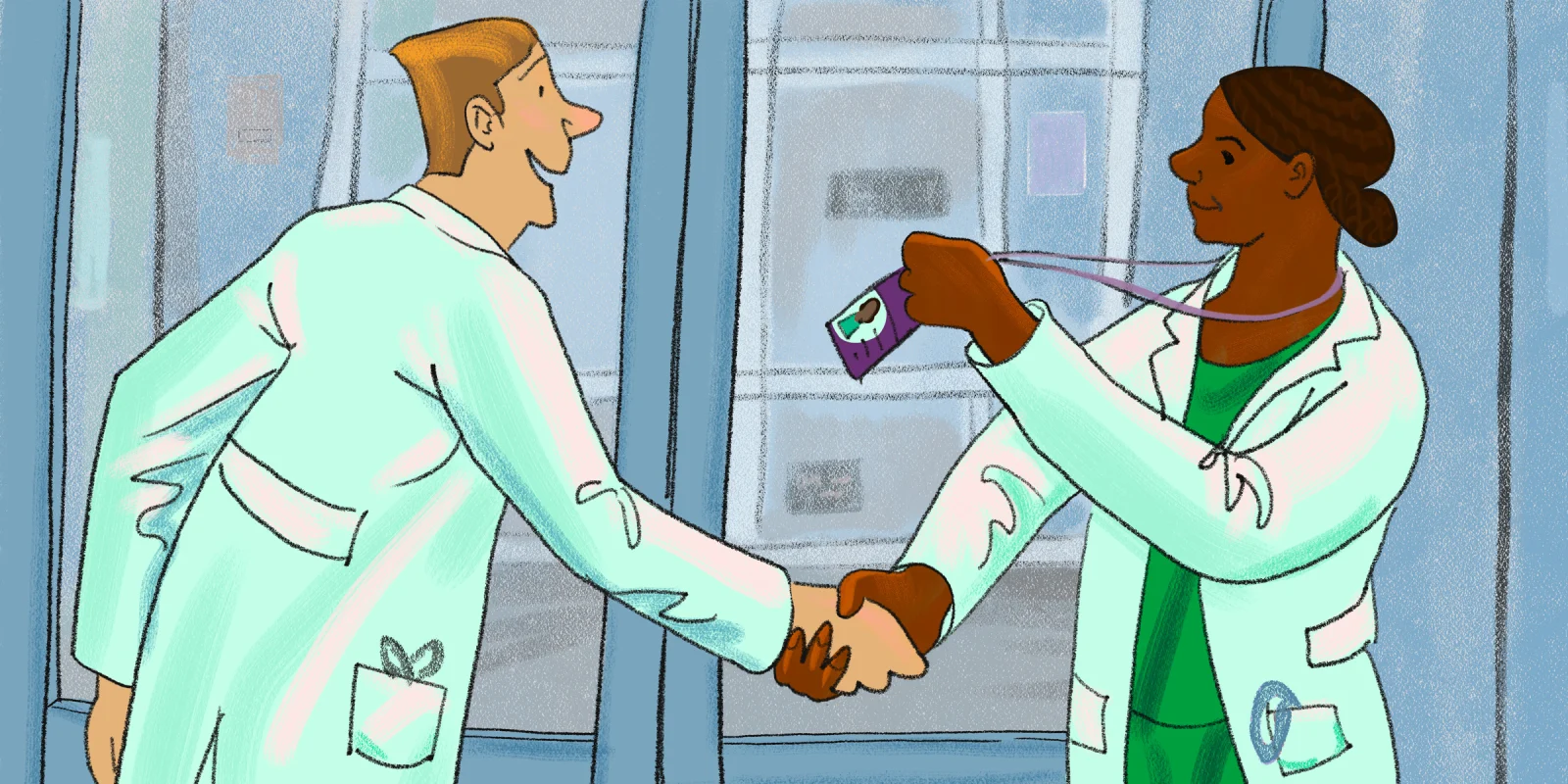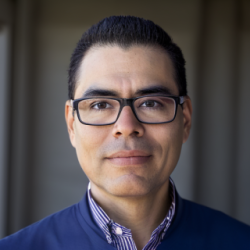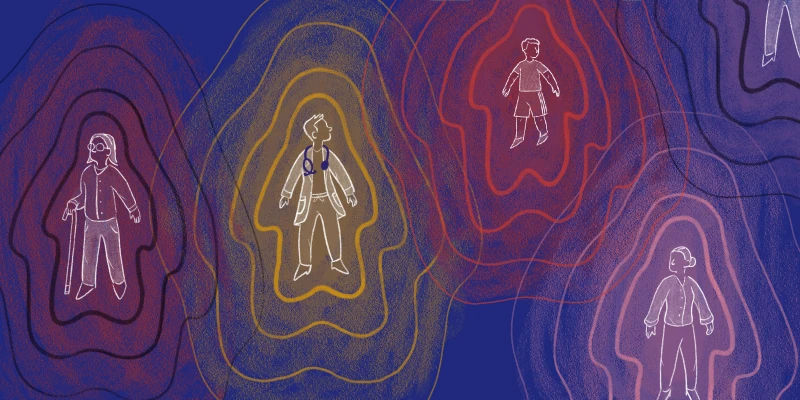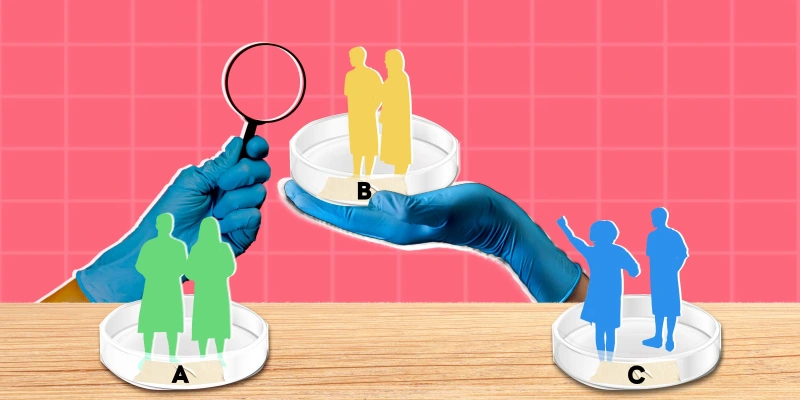If I think about my pharmacy school graduation, I remember how clinically prepared I felt that day. I had made it through rigorous academics, which primed me well for residency and the clinical skills needed to succeed, and have used those skills in my practice today. However, there were some unspoken non-academic skills that I believe are often overlooked in pharmacy school, and which would have best prepared me for my career in the long term.
Naturally, pharmacy schools focus on the rigorous medical coursework that is needed to graduate competent clinicians. However, as many practicing pharmacists would likely attest, one of the biggest components of being a successful pharmacist is your ability to efficiently and easily communicate with other clinicians and how well you can navigate interprofessional communication. This ability to communicate effectively with patients, physicians, and other clinicians is critical in providing optimal care. I have seen the effects of poor communication, whether it be among clinicians or patients, where clinical solutions aren’t discovered until the communication barrier is resolved.
In pharmacy school, though there is not a lack of focus on interprofessional communication, the attention often occurs in practitioner-specific silos — pharmacist silos in my case. We spoke often about the importance of interprofessional collaboration, but these experiences tended to be one-off events, often burdensome, and took place outside of the normal routine of our curriculum. In fact, the difficulty of setting these events up between the various health schools illustrate the broader challenges that exist with interprofessional dialogue, a sort of microcosm of the real world. I believe these experiences should have been integrated more deeply and regularly into our curriculum as well as the curricula of the other health professional schools. Just as pharmacy and medical schools use standardized patients to practice communication with patients, both schools should include in their curricula a practice conversation with someone outside of their “silo.” We talk a lot about interprofessional collaboration, but the systems and infrastructure of our health professional schools and health care system make this easier said than done. As a practicing pharmacist, the onus is on me to establish these relationships, and when they are established it is really a win-win for everyone. However, more exposure and practice with effective communication in pharmacy school would have made this a more familiar process as a pharmacist.
Second, pharmacy school primes students to learn a lot of information and pushes them through four years of rigorous academic coursework. In doing so, students are consumed by each course and their rotations. Naturally, this is what is expected; however, if I had known how important networking was while in school, I would have focused even more energy than I already did on it. I considered myself an individual who very much valued and understood the importance of my network, and I devoted time to establishing friendships and mentor/mentee relationships. However, looking back now on those years from the lens of a pharmacist, I think I could have focused more energy on quality networking rather than networking as a whole. I have come to understand that networking is really about fostering relationships, whether they are with mentors, mentees, or colleagues. It’s one thing to network and meet people, which I think was a prominent component of pharmacy school philosophy, but it’s more important to build these relationships over the long term. I think the point we often miss is that this is about quality and not necessarily quantity. For example, don’t wait until you “need” your network to help you find a job or a new opportunity; instead maintain your network in a healthy steady state, be thoughtful, and make it a mutually beneficial contribution by helping others as well. The best way to do this, in my opinion, is to consistently connect with individuals you’re genuinely passionate about connecting with, learning from, or collaborating with, and maintaining these connections. Networking, in my opinion, shouldn’t feel like a chore, but instead a part of your personal and professional development that you have to exercise regularly.
Finally, I wish I would have understood that it's OK if you don't remember everything. When I was in pharmacy school, I felt like I had to know everything about every topic in order to be a good pharmacist. While this has some general truth to it early in your career, it is important to remember that we are also trained to quickly find answers when we need them. However, knowing every detail about every drug and disease is simply not possible (and not necessary). As your career advances and you begin to “specialize,” you will see that it's OK to focus on the areas that interest you and that you're passionate about. The rest will fall into place and you will become very knowledgeable about a handful of areas instead of somewhat knowledgeable about a broad range of topics: quality over quantity (just like with networking). A mentor once told me that the fact that I am focused on specific niches or areas of pharmacy and no longer “remember everything” highlights where I am in my career: more experienced and specialized.
As I reflect on my graduation, I still feel like I was prepared clinically. But I’ve learned more about being a pharmacist by actually practicing, and have come to realize that the most important part of pharmacy school happened outside of the tests: communication skills, networking, and understanding that you don’t have to be a walking encyclopedia. If there had been a better way to integrate these “soft” skills into classes, it would have made my time there more enjoyable and would've helped me be better prepared for my career as a pharmacist.
What do you wish would have been more of a focus in pharmacy school? Share in the comments.
Dalga Surofchy, PharmD, APh, is an Advanced Practicing Pharmacist currently working as a Clinical Manager of Medical Affairs at a boutique pharmaceutical consulting group. He also teaches as an adjunct faculty at UC San Diego. He holds a Bachelor’s degree in Biology from UC Berkeley and a Doctor of Pharmacy degree from UC San Francisco. His interests are in precision/personalized medicine, preventative medicine, health equity, education, and market/patient access. His previous roles include a mix of outpatient and clinical pharmacy. Outside of work, he enjoys playing basketball, surfing, rock-climbing, skiing, and spending outdoor time with his family. Dalga is a 2021–2022 Doximity Op-Med Fellow.
Illustration by Jennifer Bogartz







